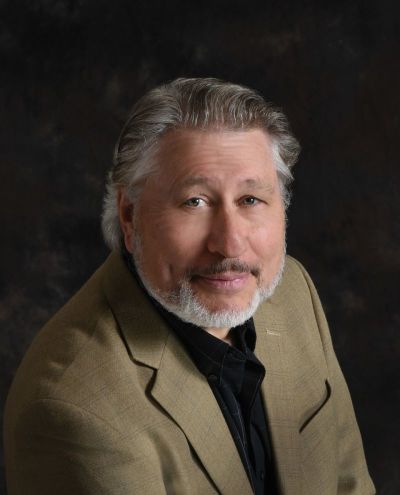Outcasts, Outliers and the Department of Health and Human Services

Poet Robert Frost once wrote how he had taken the road "less traveled" and "that has made all the difference." What he should have added was that some roads – and some differences – have a cost attached, particularly when they detour off the highway of political correctness.
When the Department of Health and Human Services (HHS) recently released its proposed rules titled "Conscience Rights in Health Care," designed to protect the rights of health care workers with faith-based objections from having to participate in abortion, euthanasia, and other morally controversial procedures, a volley of criticism exploded from the liberal media elites. Conservative Evangelicals were specifically targeted. A Newsweek headline proclaimed that HHS would "turn Evangelical positions into policy." Politico warned that a "cadre of politically prominent evangelicals inside [HHS] have spent months quietly planning how to weaken federal protections for abortion and transgender care." Stories in Time predicted "unlawful discrimination," and the Washington Post wrote that the fires of "past culture war battles" were about to be rekindled, an obvious reference to that paper's nemesis, the so-called religious right.
Couple that with the declaration in HuffPost last year labeling evangelical leaders "hypocritical" and "dangerous" for supporting the policies of the Trump Administration, and we see how liberal commentators are increasingly comfortable treating conservative Christians as societal outcasts. In 2017 alone, I counted five other HuffPost articles attaching the label "dangerous" to evangelicalism.
I have followed this trend for years, and it is neither new nor limited to the liberal media. The opinion by a majority of the Supreme Court in United States v. Windsor striking down the traditional definition of marriage in federal law because, among other reasons, it conformed to "Judeao-Christian morality," was so harsh that Justice Antonin Scalia wrote in his dissent that the decision treated traditional values folks (many of them Christians obviously) as if they were "enemies of the human race."
Christians, as followers of Christ, should expect cultural push back for their differentness of course. And differentness is different than personal offensiveness. But that is not what is at play in the HHS controversy. What is at issue is a clash of fundamental worldviews. When that happens, Christian proponents become easy targets as outcasts. Which is curious, because in other cultural contexts, differentness can actually treated as a stellar achievement. Take Malcolm Gladwell's book Outliers of 10 years ago as an example. "Outliers" - persons operating outside the expected norm or defying conventional ideas – were lauded there as having achieved great success (think Bill Gates, one example mentioned in the book). Outcasts, by contrast, are treated as dangerous to society. The smart, wildly eccentric outside the box tech tinkerers of Silicon Valley like Bill Gates are our culture's most successful outliers, making billions in the process. Ironically, they have also joined the liberal pastime of out-casting conservative Christians. Remember when Steve Job's technology phenomenon Apple kicked Chuck Colson's Manhattan Declaration off its iTunes app store because it hewed to doctrines of Christian orthodoxy?
Then again, the cost of our infusing Biblical values into public debate – being defamed as social pariahs – pales in comparison to our predecessors like William Tyndale, an academic giant who was hung and burned for translating the Bible into English. John Bunyan authored some of his legendary tale and the first Christian fantasy novel, Pilgrim's Progress, from the confines of a Bedford jail because of his bold Gospel preaching. Which is one of the reasons why, in my newest novel, The Empowered, I chose as my hero a former high profile attorney who has become an outcast from the legal community because his new Christian worldview has included the extraordinary spiritual gift of seeing through the physical veil of today's worst evils and into the demonic strongholds where they originate. To a law culture that is much wedded to the secular regions of the pragmatic, the empirical, and the scientifically verifiable, a lawyer acting in accord with that belief would no doubt face charges of professional heresy, an offense malum in se.
Faced with this current trend toward out-casting, Christians should replace being dismayed with being forearmed. After all, out-casting today can lead to even harsher limits on our liberty to speak and practice Biblical truth tomorrow. So, in the end, this likelihood of outcast status can actually play a positive role: it ought to energize us to seek legal protections now, like these new HHS rules, while the sun is still shinning in American and it is still day.
Craig Parshall is a best-selling fiction author who serves as Special Counsel to the American Center for Law and Justice in Washington, D.C. His next suspense novel, The Empowered, is his 13th and was released by Tyndale Publishing House in January 2018.





















